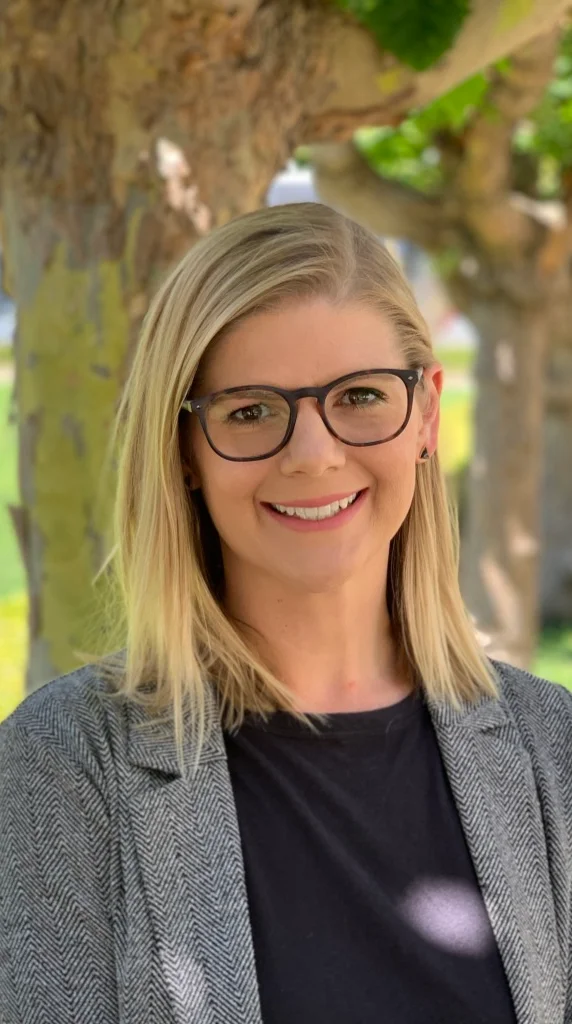Digital education for students with ADHD
Melissa researched the impact of digital education on students with ADHD during the pandemic. She found that maintaining structure and routine at home was beneficial for students with attention difficulties. Remote learning often harmed academic performance and social-emotional wellbeing, leading to anxiety and depression. The transition back to in-person learning was helpful, but lost learning time still needs to be made up for, and support for social-emotional development is needed.
Listen to Melissa
“We find that individuals that have close friendships in elementary and middle school have better emotional wellbeing that protects against the development of depression or anxiety, and they’re more engaged in their academics.”
Melissa Dvorsky
Melissa Dvorsky
Melissa Dvorsky (PhD) is a clinical psychologist and researcher specialising in child and adolescent psychology. She focuses on ADHD, mental health, and the development of youth, particularly how family, school, and community environments impact their wellbeing. Melissa is an Assistant Professor of Psychiatry and Behavioral Sciences at George Washington University and leads research at Children’s National Hospital in Washington, D.C. Her work aims to enhance interventions that support youth development and mental health outcomes, particularly for those with neurodevelopmental disorders.

